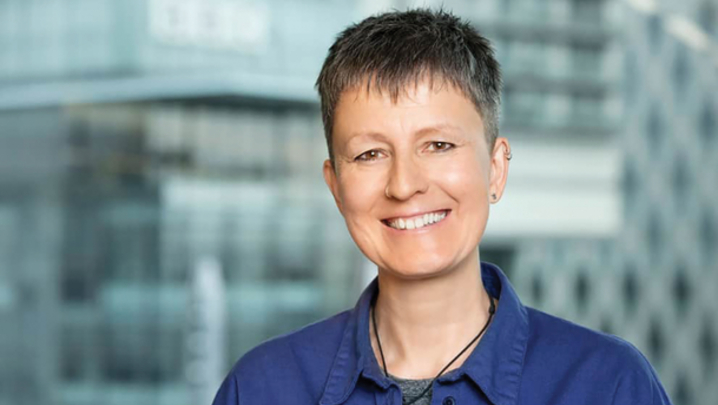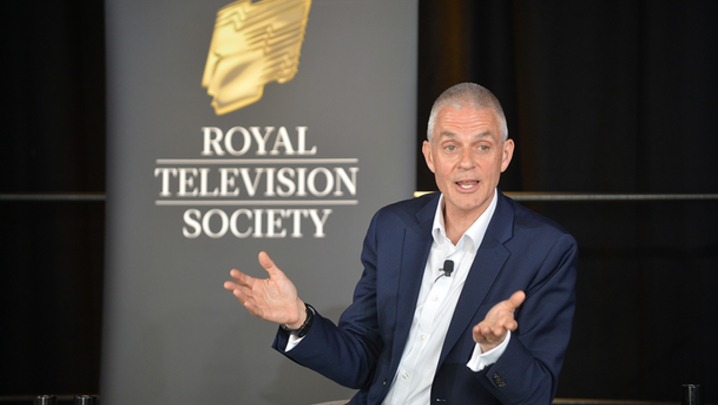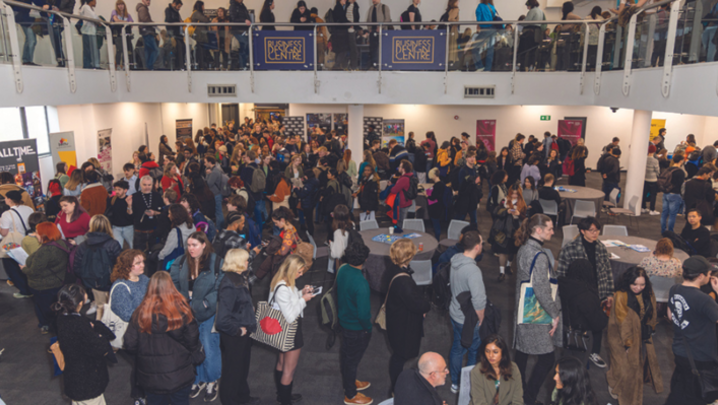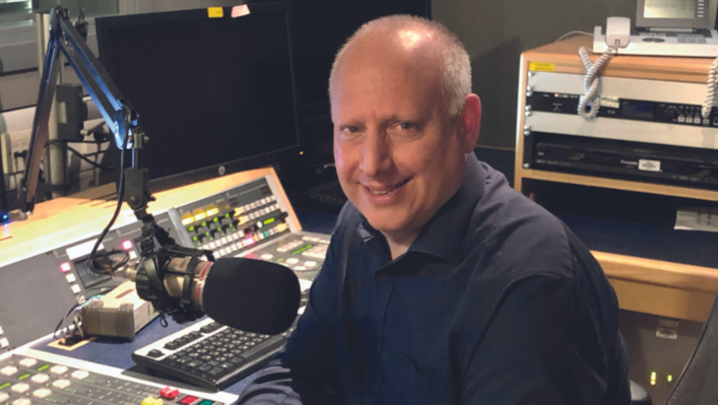Kuljinder Khaila urges broadcasters to celebrate black voices from Birmingham and beyond
Barring an unexpected – but probably unsurprising – large asteroid impact, the most tumultuous year in living memory is finally limping to its end. At this time of year, we would normally compile a review or two but who wants to relive 2020?
It seems the biblical equestrian quartet has been riding roughshod for months; countless losses and the unending upheaval of the pandemic; acts of violent racism; raging wildfires, floods and even a locust plague in East Africa. As a result, we’ve all changed this past year.
In our impatience to get back to the world we left, we shouldn’t forget those events that forced us to rethink, reevaluate and, at times, reset.
I was fortunate enough to be able to make time during lockdowns to explore how we work, the missed opportunities and note which important issues have been overlooked.
As the incoming Chair of RTS Midlands, I have a renewed sense of purpose. My inbox already has pressing questions to answer:
- How do we help the generation of future storytellers who have seen their opportunities washed away while singing happy birthday twice?
- How do we ensure black voices from the region are not only heard but highlighted and celebrated?
- Why are working-class stories in the Midlands passed by as we march towards the old red wall in the North?
- How can we become more robust, so that our good intentions are not lost in talk?
The RTS Midlands Committee is an erudite and vibrant bunch, which reflects a wide range of views from a very diverse region.
The team has already begun work on a new-entrants-to-the-screen initiative. The aim is to help young people navigate a much-changed landscape.
We are fortunate to have a sister school to Birmingham Ormiston Academy, the BOA Stage & Screen, opening in 2021. It will be the latest of several measures addressing the region’s screen-skills gap.
Building bridges with tomorrow’s talent via regional colleges, universities and – just as importantly – youth groups, has become an RTS priority.
It is pointless to collectively embrace rhetoric concerning race and class without a plan to make a real difference. Working with the BBC’s director of creative diversity, June Sarpong, is the first step towards addressing the concerns raised in the region.
The BBC wants a better representation of diversity in its productions. The Midlands can offer meaningful solutions. Steve McQueen’s Small Axe was partly filmed in Wolverhampton. Tiger Aspect’s Man Like Mobeen was shot in Birmingham.
Both benefited from initiatives to find diverse crews, but much more work in this area is necessary. Forging partnerships between the production sector and broadcasters around opportunities for greater diversity will begin in early 2021.
Throughout the past year, the Midlands screen sector has been stubbornly growing. RTS Midlands will renew its support for fledgling, but ambitious, new independent production companies such as Leicestershire-based Matriarch Productions, founded by Hannah Walters and Stephen Graham; or Adil Ray’s new production outfit in Birmingham that will be working on new perspectives in unexpected genres.
Like many independents in the region, they want to tell stories that are often overlooked and made by talent who need a spotlight to shine. Their ambitions define the Midlands.
And I haven’t even mentioned two of the most impactful recent developments in the Midlands: Create Central, the collective voice of the screen sector, which aims to drive investment in the region, and the exciting, Steven Knight-led studio development that could prove to be a game changer.
As we bid a profanity-laden farewell to the past year, we begin to look forward with an invigorating level of optimism. Bring on 2021.
Kuljinder Khaila is executive producer of the BBC Young Reporter journalism and media project and incoming Chair of RTS Midlands.







